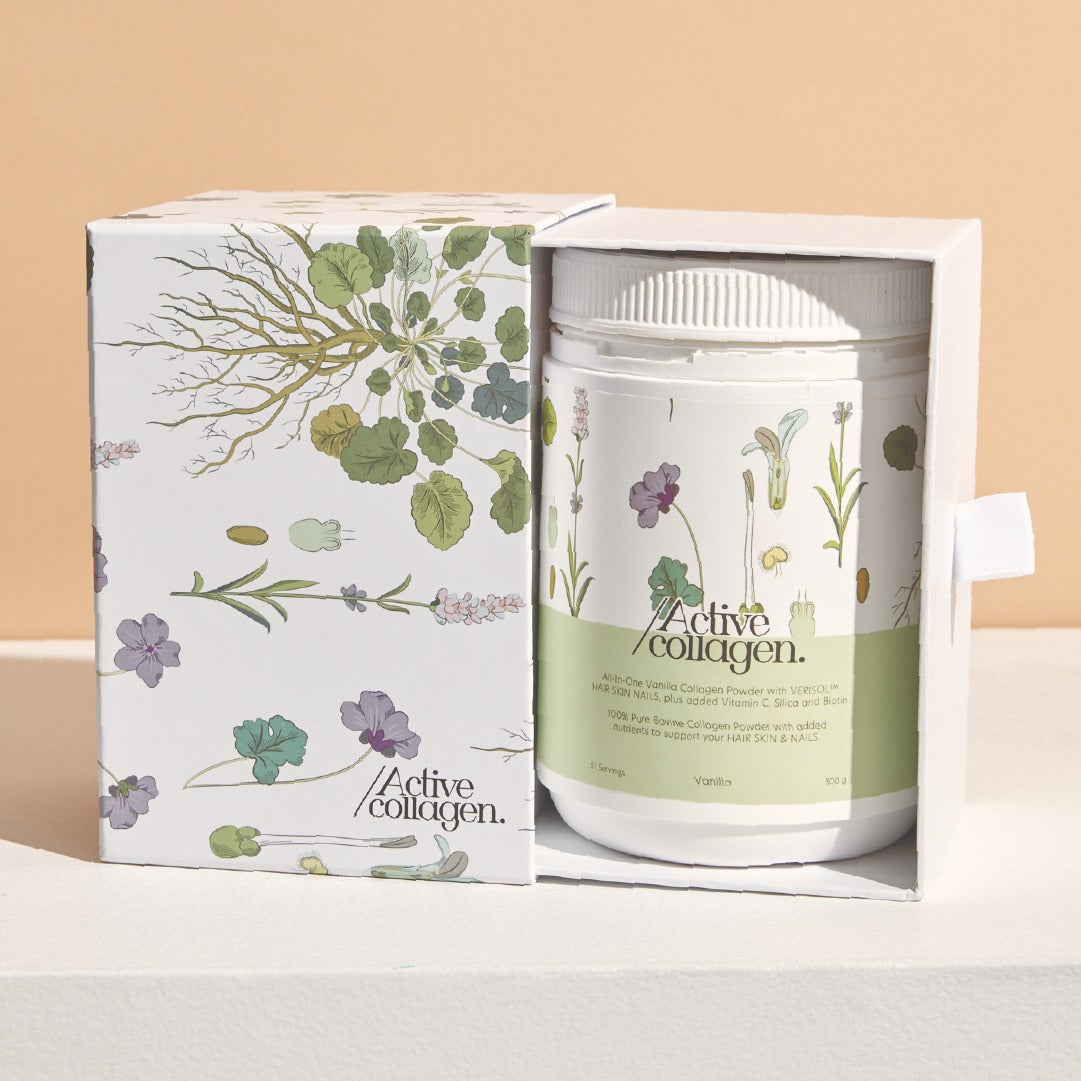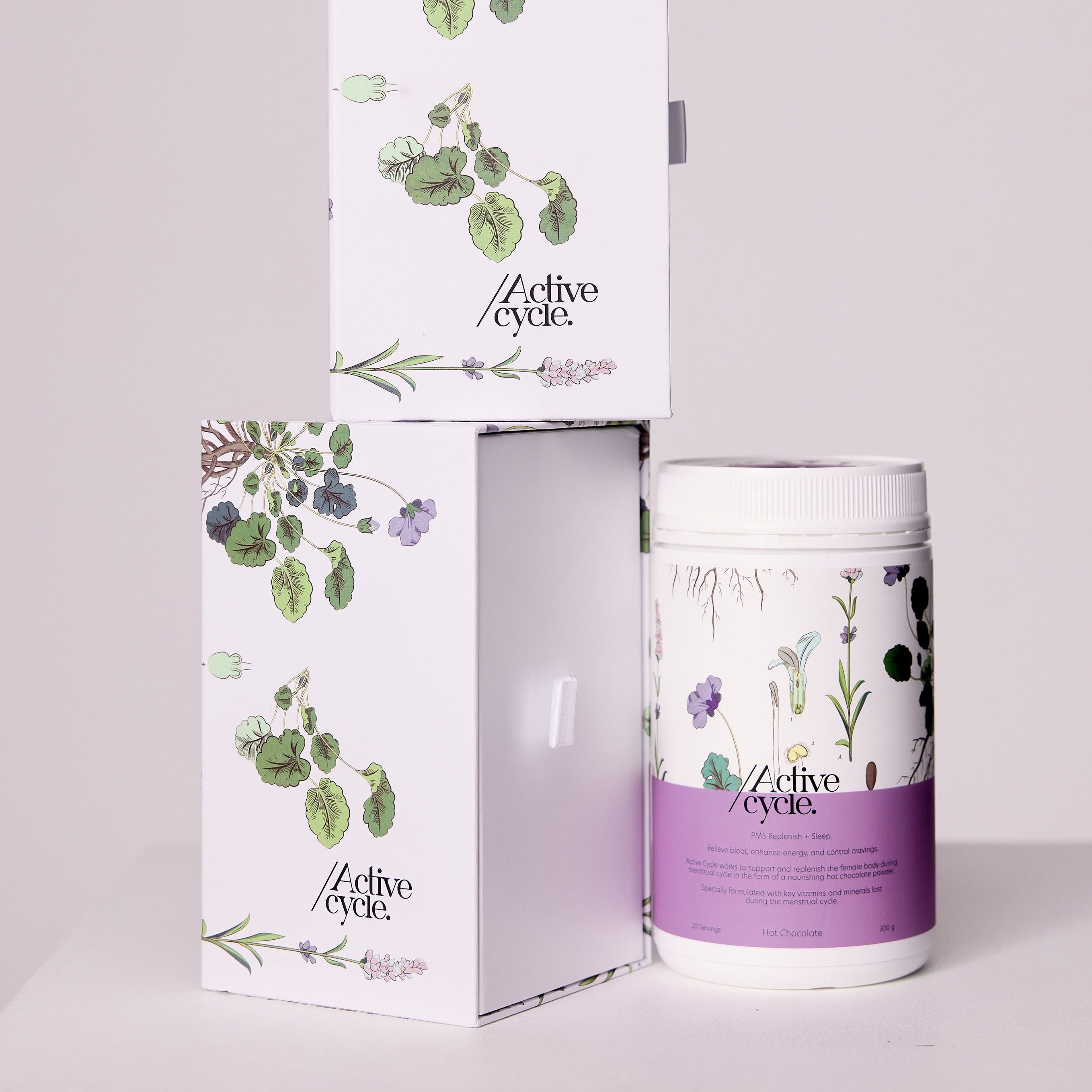Your immunity is, believe it or not, influenced by your gut microbiome – the microorganisms that house your digestive tract. Although, this begins to make sense when we consider that 70-80% of immune cells are present in the gut. Here, there is an interaction between these local immune cells, the microbiome and intestinal lining that help to initiate a particular defence in response to a pathogen.
That being said, due to the participation of our gut microbiome, it is important that our nutrition is addressed when considering improving or simply supporting our local gut immunity. This is due to the effect that food has on influencing a balanced microbiome i.e. if your nutrition isn’t supporting optimal levels of beneficial bacteria in the gut then your immune defences can become compromised. Although, there are numerous other factors that can also play a part in influencing our gut microbiome such as genetics, age, stress, antibiotic use and environmental pollutants.
So, how exactly does this lead to disease or illness?
Imbalance & Disease
When the balance of our microbiome becomes compromised or disturbed due to poor diet, antibiotics or genetics this decreases microbiome quality and quantity. Beneficial bacteria levels are reduced such as Lactobacillus which increases less favourable bacteria strains such as Proteobacteria. The key thing here is that beneficial bacteria regulates immune cells and produces favourable metabolites, like short-chain fatty acids (SCFAs), which influences the host’s immune and intestinal health.
This imbalance can be seen in those with irritable bowel disease (IBD). The development of IBD has been shown to have a lot to do with microbiome health. Studies predict that the driving force of IBD is a chronic microbiome imbalance that leads to impaired immune cell regulation and also persistent inflammation. This chronic inflammation impacts the intestinal lining, which don’t forget is also a part of our bodies defence system as it protects us from the external environment. Without a healthy gut lining bacteria and foreign bodies can ‘leak’ out which not only has an impact on our local gut immunity but also systemically.
Getting Back in Balance
To achieve a healthy immune response we need to support a healthy gut microbiome. And luckily there are a plethora of ways you can do this.
Probiotic rich foods: Probiotics are the live bacteria found in foods and supplements that add to and increase the colonization of good bacteria in the gut. They include strains such as Lactobacillus and Bifidobacterium which are probably the most frequently found strains found in foods or supplements. A very common example is to take a look at the back of your yogurt container. In the ingredients list it should state ‘live cultures’ which should include strains such as L. acidophilus or L. casei. Although when thinking about what foods contain probiotics think ferments like kimchi, miso, yogurt, kefir, sauerkraut and some cheeses as probiotics have been used forever in the fermentation of foods. Add a few different sources throughout your week to give your microbiome some lovin’.
Prebiotics: Prebiotics essentially provide a source of food for probiotic bacteria. They are the chief source of energy that promotes the growth and survival of beneficial bacteria. Examples of prebiotic rich foods include most fibrous fruits, vegetables, legumes and grains like onions, bananas, asparagus, chickpeas and oats. Although all plant-based foods will contain some prebiotic fibres these examples have higher amounts of certain carbohydrates like oligosaccharides and polysaccharides which are indigestible to us but fermentable for probiotics. The best way to guarantee you’re getting enough prebiotics is ensuring you’re including enough plants daily. 2 serves of fruit and 5 serves of vegetables is the recommendation for Australian adults.
Avoid processed food & refined sugars: Although these kinds of foods are fine to have occasionally having them daily can wreak havoc on our microbiome. Studies have shown that regular consumption of refined sugars, like those that are found in most processed or packaged foods, increase the levels of Proteobacteria in the gut which as we know throws our microbiome out of balance. If you have a bit of a sweet tooth try regularly reaching for foods that are naturally sweet like fruit, so you are actually getting some prebiotic rich fibres in at the same time. Your gut will be thanking you!
Support the Gut Lining
Just like our skin, our gut provides a barrier from the external environment. If this lining becomes compromised through inflammation and poor diet this will alter our immune response and microbiome due to greater permeability or ‘leaky gut’. Although the gut lining can be negatively impacted by foods, its integrity can be increased through the inclusion of certain foods and nutrients.
When our skin becomes dry and cracked we moisturise it, and its similar with our gut. If it becomes damaged we need to nourish it. Actually supporting the gut microbiome through the above measures can have beneficial effects on the gut lining, as one benefits the other and vice versa. However incorporating foods rich in vitamin D (egg yolks), omega 3 fatty acids (salmon, tuna), zinc (quality red meat) and L-glutamine (red cabbage) are super important for repairing gut lining damage.
The local immune system that houses our gut could do with a great deal more attention. It has such an impact on overall health but hasn’t yet reached the importance that systemic immune health has. Take control of your gut health this winter if you’re looking to combat seasonal colds and flus with the greatest vitality.
Zheng, D., Liwinski, T., & Elinav, E. (2020). Interaction between microbiota and immunity in health and disease. Cell research, 30(6), 492–506. https://doi.org/10.1038/s41422-020-0332-7
Wiertsema, S. P., van Bergenhenegouwen, J., Garssen, J., & Knippels, L. M. J. (2021). The Interplay between the Gut Microbiome and the Immune System in the Context of Infectious Diseases throughout Life and the Role of Nutrition in Optimizing Treatment Strategies. Nutrients, 13(3), 886. https://doi.org/10.3390/nu13030886
Shan, Y., Lee, M., & Chang, E. B. (2022). The Gut Microbiome and Inflammatory Bowel Diseases. Annual review of medicine, 73, 455–468. https://doi.org/10.1146/annurev-med-042320-021020
Bodke, H., & Jogdand, S. (2022). Role of Probiotics in Human Health. Cureus, 14(11), e31313. https://doi.org/10.7759/cureus.31313
Davani-Davari, D., Negahdaripour, M., Karimzadeh, I., Seifan, M., Mohkam, M., Masoumi, S. J., Berenjian, A., & Ghasemi, Y. (2019). Prebiotics: Definition, Types, Sources, Mechanisms, and Clinical Applications. Foods (Basel, Switzerland), 8(3), 92. https://doi.org/10.3390/foods8030092
National Health and Medical Research Council. (2006). Australian Dietary Guidelines. https://www.eatforhealth.gov.au/guidelines
Satokari R. (2020). High Intake of Sugar and the Balance between Pro- and Anti-Inflammatory Gut Bacteria. Nutrients, 12(5), 1348. https://doi.org/10.3390/nu12051348
Camilleri M. (2019). Leaky gut: mechanisms, measurement and clinical implications in humans. Gut, 68(8), 1516–1526. https://doi.org/10.1136/gutjnl-2019-318427




